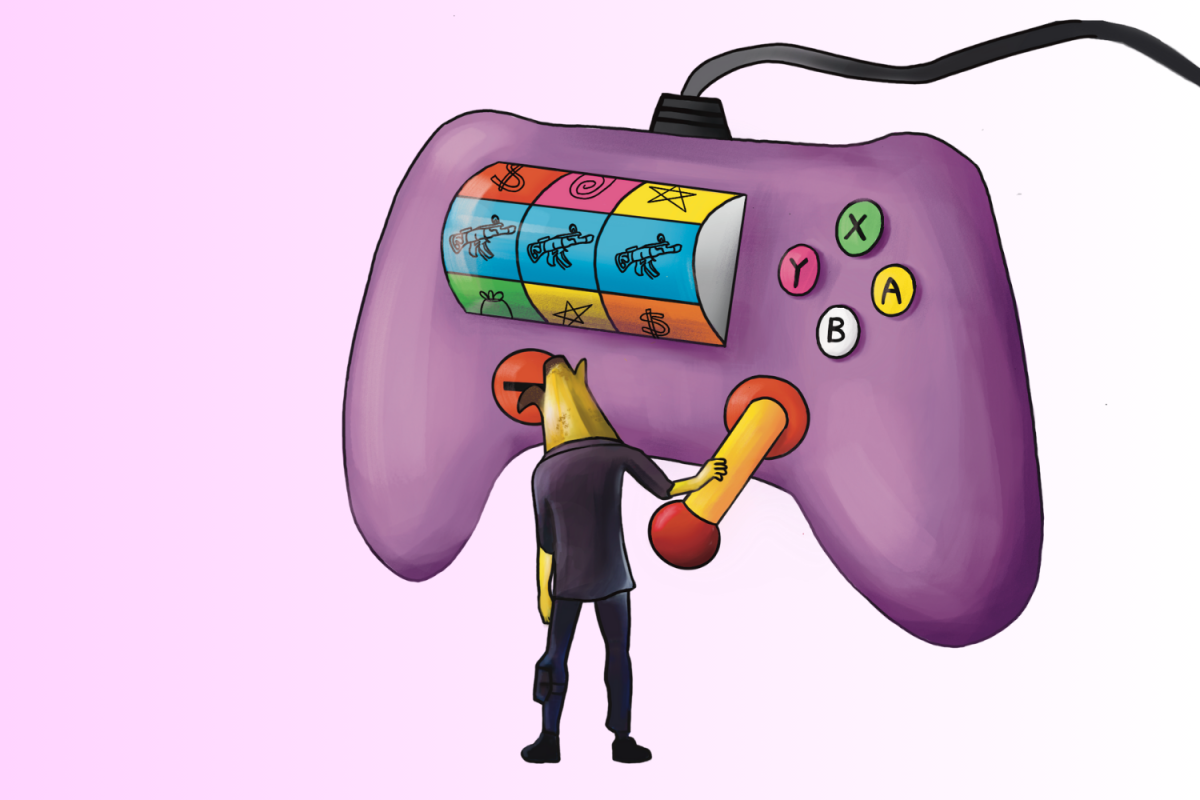The Hookup Critic
Your go-to source for honest reviews and tips on dating and relationships.
When Betting Meets Microtransactions: The New Age of Gambler’s Delight
Discover how microtransactions are revolutionizing the betting world, creating exciting opportunities for gamblers. Dive into the future now!
Understanding Microtransactions: A New Era in Gambling
Microtransactions have ushered in a transformative era in the world of gambling, blending traditional betting with digital innovation. These small, incremental purchases allow players to enhance their gaming experience without requiring a full upfront payment. This shift not only democratizes access to games but also introduces new monetization strategies for developers. However, it also raises ethical questions regarding addiction and consumer spending, particularly among vulnerable demographics. As the landscape evolves, understanding the implications of microtransactions becomes essential for both players and regulators alike.
As we navigate this new terrain, it's crucial to appreciate the benefits and downsides of microtransactions in gambling. On one hand, they provide players with the flexibility to invest as much or as little as they choose, promoting a sense of control and personalization. On the other hand, this approach can lead to unintended consequences, such as excessive spending and the normalization of 'pay-to-win' models. Gambling enthusiasts must stay informed about these practices and their impact on gaming culture, ensuring a balanced perspective that prioritizes responsible play and enjoyment.

The Pros and Cons of Betting with Microtransactions
Betting with microtransactions presents a unique blend of advantages and disadvantages that can significantly impact a player's experience. One of the most notable pros is accessibility; microtransactions allow players to engage in betting without the need for a hefty initial investment. This low barrier to entry can attract a broader audience, especially casual gamers or those hesitant to commit substantial amounts of money upfront. Furthermore, microtransactions can enhance the overall experience by allowing players to customize their betting activities, such as purchasing virtual currency or special items that may increase their chances of winning or enhance their enjoyment.
Despite the benefits, there are also several cons associated with betting through microtransactions. For instance, the potential for overspending is a significant concern, as players may find it easy to continuously spend small amounts over time, leading to substantial financial losses. Additionally, the presence of microtransactions can create a pay-to-win environment, where players with larger budgets have disproportionate advantages, potentially alienating those who choose not to spend extra money. Moreover, some critics argue that this model can foster addictive behaviors, as the allure of quick wins may encourage players to keep betting beyond their means.
Are Microtransactions Changing the Way We Gamble?
The rise of microtransactions has significantly transformed the gambling landscape, particularly with the advent of online casinos and mobile gaming. These small, incremental purchases allow players to enhance their gaming experience without the hefty initial investments traditionally associated with casinos. Gamblers are now enticed by the promise of quick wins, often driven by in-game purchases that provide access to exclusive features or virtual goods. As microtransactions become more commonplace, the lines between gambling and gaming continue to blur, creating a new paradigm for how players engage with their favorite pastimes.
Moreover, the psychological impact of microtransactions cannot be understated. With prices often set low, players may find themselves spending more than they initially intended, leading to a form of ‘chasing losses’ akin to traditional gambling behaviors. According to recent studies, many players report increased spending when faced with the attractive and frequent prompts to purchase additional items or features. This phenomenon raises critical questions about regulation and player protection, as the potential for addiction grows alongside the increasing popularity of microtransactions in gambling environments.